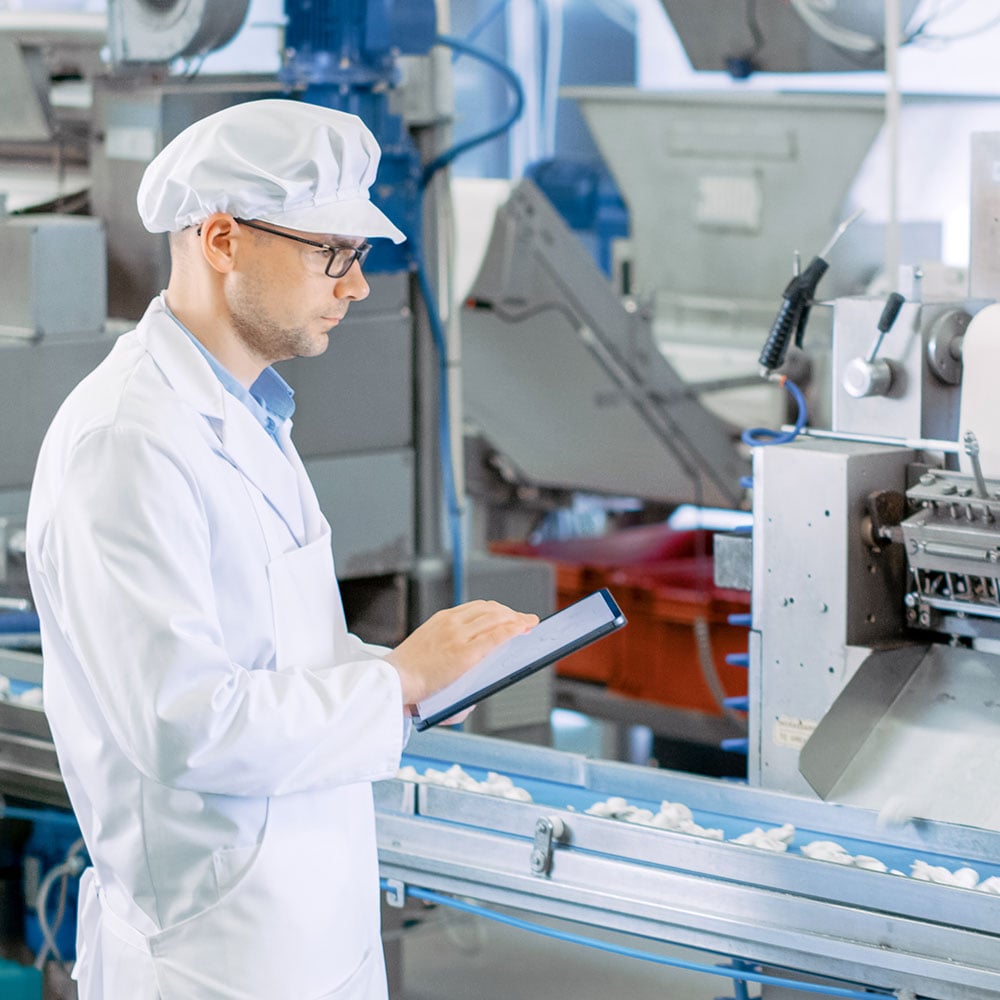As a Safety Officer, you play a crucial role in protecting the lives of individuals and preventing harm to property. You are responsible for ensuring compliance with workplace safety and health (WSH) guidelines. Your primary goal is to establish a safe working environment according to legal standards and foster a culture of attention to health and safety.
Apply now for a job as a Safety officer !
Safety officer job profile
As a safety officer, you advise on safety measures, conduct risk assessments, and enforce preventative measures to mitigate potential hazards. You inspect premises and work activities, identifying violations and stopping unsafe acts or processes. You also oversee installations, maintenance, and substance disposal to ensure employees' protection and compliance with regulations. In the event of incidents, you investigate the causes, handle compensation claims, and generate reports for management officials. You review existing WSH policies and measures, support their development, and conduct training programs to educate employees and management on occupational health and safety.
As a Safety Officer, your dedication and expertise in promoting a safe working environment are essential in protecting the well-being of employees and maintaining the reputation of the organization. Your role not only includes ensuring compliance but also actively fostering a culture of health and safety in the workplace.
Safety officer responsibilities
Some of the most common safety officer responsibilities include:
- Develop, implement, and maintain WSH policies and programs.
- Identify and assess workplace hazards and risks.
- Conduct regular safety checks and inspections of equipment.
- Advise and instruct employees on safety-related topics and best practices.
- Investigate accidents, incidents, and near-misses to determine causes and preventive measures.
- Supervise employees to ensure compliance with safety regulations.
- Create and promote safety initiatives specific to the organization.
- Document and report incidents and statistical information to management.
- Stay up to date with changes in safety regulations and ensure continued compliance.
Safety officer qualifications
To become a safety officer in Singapore, you need certain qualifications.
1. Pursue a WSH-related qualification:
- Take courses that cover workplace safety issues
- Learn to identify and assess hazards and risks
- Consider acceptable qualifications like Specialist Diploma in WSH, Master of Science in Safety, Health and Environmental Technology, etc.
2. Apply for jobs:
- Tailor your resume and cover letter to the role
- Include relevant educational qualifications, experience, certifications, and skills
- Search for workplace safety-related roles and incorporate keywords into your application
3. Register as a safety officer:
- Review the eligibility requirements (age, citizenship/employment pass status)
- Prepare necessary documents like certificates, transcripts, testimonials, etc.
- Submit the application online and pay the fee of $110
- If required, attend an interview
Following these steps will help you become a registered safety officer, increase your job opportunities, and potentially earn a higher salary.
